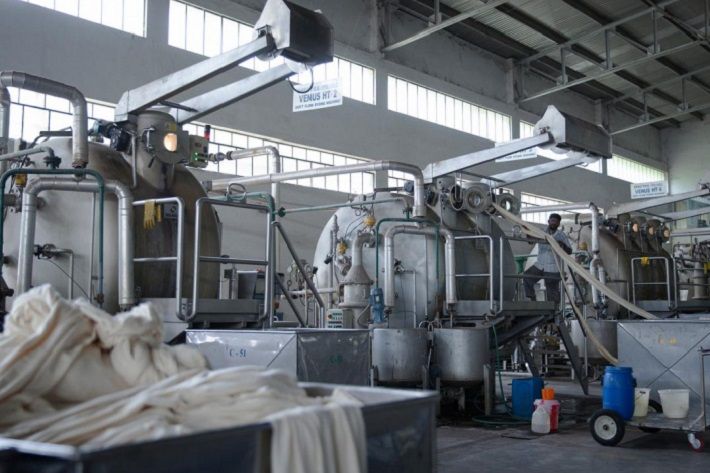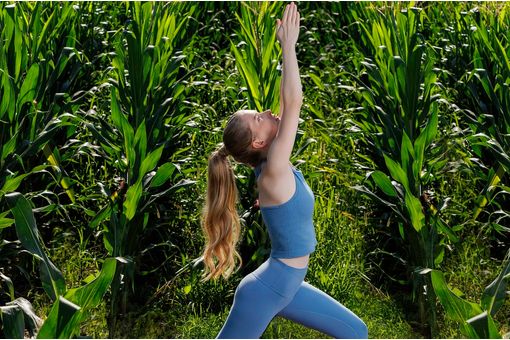Denmark's Novozymes unveils biopolishing for manmade cellulosic fibres

MMCF is the third most used textile fibre in the world after polyester and cotton. Yet it lags behind polyester and cotton with a market share of around six per cent, mainly caused by quality issues such as the fabrics developing fuzz and pills after only a few washes. This makes the garments look worn and impact consumers’ perception of quality and sustainability, the company said in a media statement.
Circular fashion starts with sustainable production, free from waste, water pollution, emissions, and chemicals. Novozymes’ biodegradable enzymes support this by reducing the use of water and chemicals in the production.
Buying clothes that last longer is central to minimising the environmental impact of the fashion industry. Fiberlife can help textile producers improve on quality and sustainability while strengthening the connection towards a growing number of eco-conscious consumers.
MMCF fibres are sourced and produced mainly from renewable wood and can support the shift from oil-derived synthetic fibres. By extending the quality and lifespan of MMFC textiles, Fiberlife can help the fashion industry to further reduce its environmental footprint, according to Novozymes.
The microfibrils that protrude from cellulose-based fibres are microscopic hairs from the fibres of these fabrics. They lead to fuzz and pilling, which makes the fabric surface feel rough and trap dirt to reduce cleanness. Both the trapped dirt and the microfibrils themselves make colours and whites look less bright. Textile mills polish cellulose-based fabrics before, during or after dyeing.
“Alongside the choice of material, the garment’s active life is a key factor of its climate impact. With Fiberlife, MMCF fabrics are given the wash and wear durability that consumers demand, prolonging the time the garments look and feel new. This is a better solution for the fashion and broader textile industry, consumers, and the planet,” Dina Lipp, global marketing manager at Novozymes, said in a statement.
“At Novozymes, we want to create forward-thinking solutions for the textile and fashion industry. That is why we have been working intensively on making MMCF biopolishing possible for viscose, modal and lyocell. We see a big potential for textile manufacturers to extend the longevity of MMCF fabrics, ultimately offering consumers longer lasting garments made of fibres from nature,” Pedro E G Loureiro, global business development manager at Novozymes, said.
Fibre2Fashion News Desk (GK)
































-Ltd..jpg?tr=w-120,h-60,c-at_max,cm-pad_resize,bg-ffffff)





.jpg?tr=w-120,h-60,c-at_max,cm-pad_resize,bg-ffffff)
.jpg?tr=w-120,h-60,c-at_max,cm-pad_resize,bg-ffffff)






